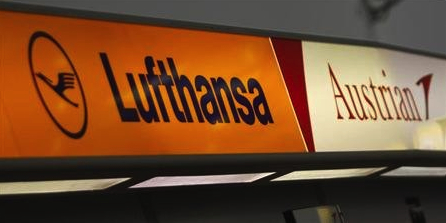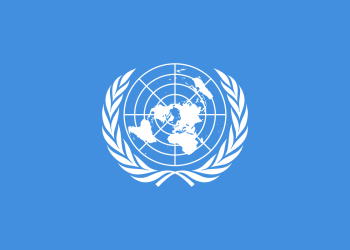By Nigel Ash

Tripoli, 26 February 2013:
More than a third of an Austrian . . .[restrict]trade delegation due in Tripoli this week, pulled out, largely because of doubts that Austrian Airlines and its parent Lufthansa would be permitted to fly to Libya.
Only 18 of the scheduled 28 Austrian participants flew to Tripoli on Sunday for scheduled trade talks. “It was because of the flight,” explained David Bachmann, commercial counsellor at the Austrian embassy in Libya. “We told them that we weren’t sure that they could take the flight to Tripoli. It could have been that Austrian Airlines would be flying again. But we did not know. It was too short a notice for ten of those companies that were coming”.
Bachmann insisted however, that while it would have been “nice” if all the planned participants had arrived, he said that the first day of the visit today had been going extremely well.
Nevertheless, the upset is likely to have been galling for the Austrian, who are mounting their very first trade mission here. Originally there had been 50 companies wanting to attend but there were only 30 places. The disappointed firms were told they could be part of a future business delegation.
Lufthansa and Austrian Airlines were only finally given permission to fly to Libya on Sunday. Both airlines had themselves suspended their flights for 15 days from 5 February, on security grounds, to the annoyance of the Libyan authorities. Thus, when on 20 February, Lufthansa was preparing to resume operations and fly from Frankfurt to Tripoli, news came through that each airline was subject to a temporary ban from Libyan airspace.
The Director-General of Libya’s Civil Aviation Authority (LYCAA), Captain Nasreddin Shaebelain told the Libya Herald on Sunday that the ban had been “nothing really serious”.
Yet Libyan displeasure was further demonstrated by the fact that state-owned Libya Airlines has suspended a code sharing agreement with Lufthansa, meaning that the German airline has been obliged to reduce its Libya schedule from five to three flights a week.
The disruption has angered passengers, one of whom, Terry Hodgetts, the Director of the Centre for Executive Development at Aston Business School in the UK, has written to the Libya Herald about being caught up in the Libyan ban of Lufthansa.
“Perhaps Lufthansa failed to notify the authorities in the most appropriate and respectful way” writes Hodgetts, “Perhaps those in charge of the LYCCA did feel offended. I do not know. What I do know is that Lufthansa planned to recommence their service on 20 February and were refused permission by the authorities.
“This caused inconvenience to many passengers and their business associates in Libya….. If someone at the LYCCA is offended by Lufthansa’s actions, that is up to him. The professional thing to do is talk about it with Lufthansa and understand each other’s point of view, and find a way to move on. To unilaterally withdraw flight permissions is completely unnecessary and unprofessional. It does not serve fare-paying passengers, it does not serve the Libyan people and it risks doing damage to the Libyan economy.”
Hodgetts concludes: “At a time when the country is working so hard to rebuild, and when so many challenges remain, I sincerely hope we see less of this kind of behaviour in future. Such petty, tit-for-tat action belongs in a different time, and to a previous Libyan regime.”
[/restrict]







